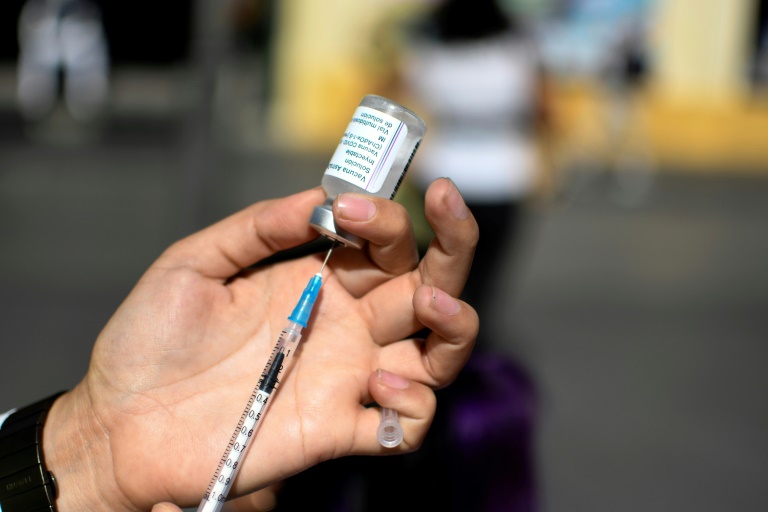Winter spikes of the flu, COVID-19, and RSV: How to stay healthy?

Net profit for the Covid-vaccine maker came in at $1.64 billion in the July-September period – Copyright GETTY IMAGES NORTH AMERICA/AFP/File JUSTIN SULLIVAN
Health agencies around the world are describing a ‘tripledemic’ of respiratory infections on the rise. Influenza, COVID-19, and RSV are spiking, as expected, as we are in the mid-winter months.
Lisa M. Lee, who is a professor of public health at Virginia Tech, has examined the factors for concern and the importance of vaccination. Lee is an epidemiologist and bioethicist who has worked in public health and ethics for 25 years, including 14 years with CDC.
Lee serves as associate vice president for research and innovation, and director of the division of Scholarly Integrity and Research Compliance, at Virginia Tech.
Is it too late to get a vaccine?
According to Lee: “It’s not too late. Respiratory illness season lasts until springtime, so an annual flu and COVID-19 vaccine can help reduce serious symptoms to quite mild. Taking the vaccine now can help avoid a late-season illness. And, you can get both the flu and COVID-19 vaccines at the same time.”
She adds, outlining the importance of vaccines: “Even if you do not get very ill from having a respiratory infection, a vaccine can help you avoid getting it at all and help you avoid spreading it to someone who could get seriously ill. Vaccines work at both the individual and group levels by reducing the number of circulating cases. Less viruses floating around means fewer other people will get sick, which is important to the most vulnerable in our communities—newborns, older adults, and people with other medical conditions.”
Who should get the RSV vaccine?
With respiratory syncytial virus (RSV), Lee explains: “There are two types of RSV immunizations—one for each high-risk group. One type is recommended for adults over 60 years of age because of the high risk of severe illness among older adults, and pregnant people at 32-36 weeks gestation because protection will be passed on to the newborn who is also at high risk of severe disease.”
With this vaccine, the U.S. CDC recommends a single dose of RSV vaccine for pregnant people from week 32 through week 36 of pregnancy for the prevention of RSV disease in infants under 6 months of age. This vaccine is recommended to be given from September through January for most of the U.S.
Continuing with the options, Lee finds: “The other immunization is for the youngest children—less than 8 months of age who are born during RSV season and were not exposed to a parental vaccine during pregnancy. This antibody immunization is also recommended for children younger than 18 months of age who are heading into their second RSV season.
The bottom line, older adults and young children are at the highest risk for severe RSV and even death, so talk to your doctor or pharmacist about which vaccine is right for you or your child.”
Winter spikes of the flu, COVID-19, and RSV: How to stay healthy?
#Winter #spikes #flu #COVID19 #RSV #stay #healthy





